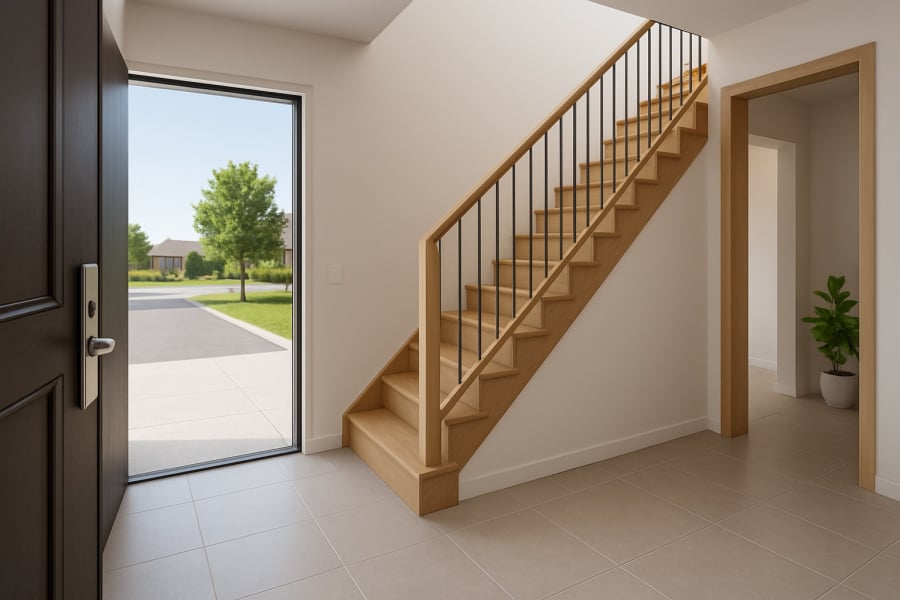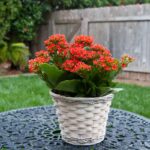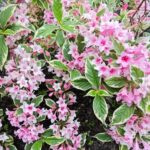Building a House on an Odd-Shaped Plot
Not all land is suitable for building a house. According to Feng Shui, irregularly shaped, triangular, or largely incomplete plots of land are considered inauspicious for homeowners. These land configurations can lead to family conflicts, financial losses, and difficulty in accumulating wealth.
Feng Shui expert Nguyen Ngoc Dung shares: “Ideally, the land for construction should be square and complete, symbolizing wholeness and stability. If building on an unfavorable plot is unavoidable, consult a Feng Shui expert to mitigate the negative effects through architectural rearrangement or the use of auspicious items.”
Main Entrance Directly Facing the Gate or a Main Road
A Vietnamese folk saying goes, “Trực xung vi hung,” which means that anything pointing directly at the house brings bad luck. If the main entrance faces a major road or opens directly into the living room, the strong influx of energy can disrupt family harmony and make it difficult to retain wealth.
When a house is directly in the path of a major road, a situation known as “tiễn đao sát,” it is considered one of the most ominous Feng Shui configurations. This can bring bad luck and negatively affect the health and finances of the occupants.
According to the Vietnam Architecture and Feng Shui Magazine: “Homes with a ‘xung môn’ configuration should use screens, tall plants, or additional doors to reduce the direct flow of energy.”

Construction During Inauspicious Years or During Kim Lâu, Hoang Ốc, or Tam Tai Years
Choosing the right time to start construction is crucial. According to traditional beliefs, if the homeowner’s age corresponds to Kim Lâu, Hoang Ốc, or Tam Tai years, building a house is considered taboo. These years are believed to bring illness, financial losses, or continuous bad luck.
If construction cannot be avoided, it is common to “borrow the age” of a compatible person to perform the groundbreaking ceremony on behalf of the homeowner. This practice is thought to partially mitigate the bad luck while ensuring the project’s progress.
Toilet Design in Violation of Feng Shui Principles
A common mistake made by many homeowners is placing the toilet in the center of the house or directly above the kitchen or bedroom. In Feng Shui, toilets represent negative energy and should not be placed in areas of the home where positive energy needs to thrive. If placed upstairs and directly above the altar or downstairs kitchen, it is considered a major taboo.
Interior Feng Shui expert Tran Lan Anh advises: “Ideally, the toilet should be located at the back of the house, away from the common living areas. For small townhouses, focus on ventilation to ensure the flow of positive energy.”
Staircase Design That Conflicts with Feng Shui Principles or Divides the Space
Staircases are not just a means of connecting different floors; they also play a role in the flow of energy within a home. If a staircase directly faces the main entrance, kitchen, or bedroom, it can result in the loss of positive energy and impact the luck of the occupants.
Additionally, some modern homes feature divided staircases placed in the center to create a sense of space. However, this can inadvertently disrupt the flow of energy, causing an imbalance in the home’s Feng Shui. According to the book “Practical Feng Shui for Homes” (published by Van Hoa Thong Tin), the best location for a staircase is a discreet area, not directly visible from the main entrance. The number of steps should follow the ‘Sinh-Lão-Bệnh-Tử’ formula and end at the ‘Sinh’ step for good luck.”

Additional Feng Shui Considerations
Apart from the major taboos mentioned above, there are other smaller yet significant Feng Shui factors to consider:
- Avoid placing mirrors directly across from the entrance or bed, as this can cause restlessness, insomnia, or mental distress.
- Do not build a house that is significantly taller than its surroundings, especially in an area with mostly low-rise buildings. This can create a sense of isolation and negatively impact the Feng Shui.
- Color plays an important role in Feng Shui. Homeowners should choose colors that align with their destiny to create harmony and enhance positive energy.
Conclusion: Attention to Every Brick and Tile
In Asian culture, a house is not just a place of residence but also a representation of a family’s fortune, destiny, and future. While modern science may sometimes dismiss Feng Shui principles, many still choose to respect traditional taboos, believing that “prevention is better than cure.”
If you are planning to build your dream home, take the time to research, consult experts, and consider Feng Shui principles. This will ensure that your home is not only aesthetically pleasing but also harmoniously designed to attract wealth, preserve happiness, and bring long-lasting peace.
Information provided is for reference only.
The Lucky Charm Flower: A Blooming Beauty with Foliage to Adore, Spring to Autumn
This flower is incredibly low-maintenance and boasts a range of desirable traits. It tolerates shade, cold temperatures, and nutrient-poor soil, making it perfect for those new to gardening. With its rapid growth, ease of pruning, and disease resistance, this flower is a resilient and beautiful addition to any garden.
Why Planting Bougainvillea in Front of Your House Brings Luck and Fortune, but Growing it Indoors Hinders Positive Energy Flow?
Introducing GĐXH – the vibrant and captivating bougainvillea, a flowering vine that adds a touch of tropical paradise to any home. While its vibrant hues and lush foliage may entice many, it is important to approach its cultivation with caution. According to the principles of Feng Shui, planting bougainvillea indoors may bring about adverse effects on the energy and well-being of your household. Uncover the secrets behind this beautiful yet enigmatic plant and explore the delicate balance between its outdoor allure and indoor implications.





































